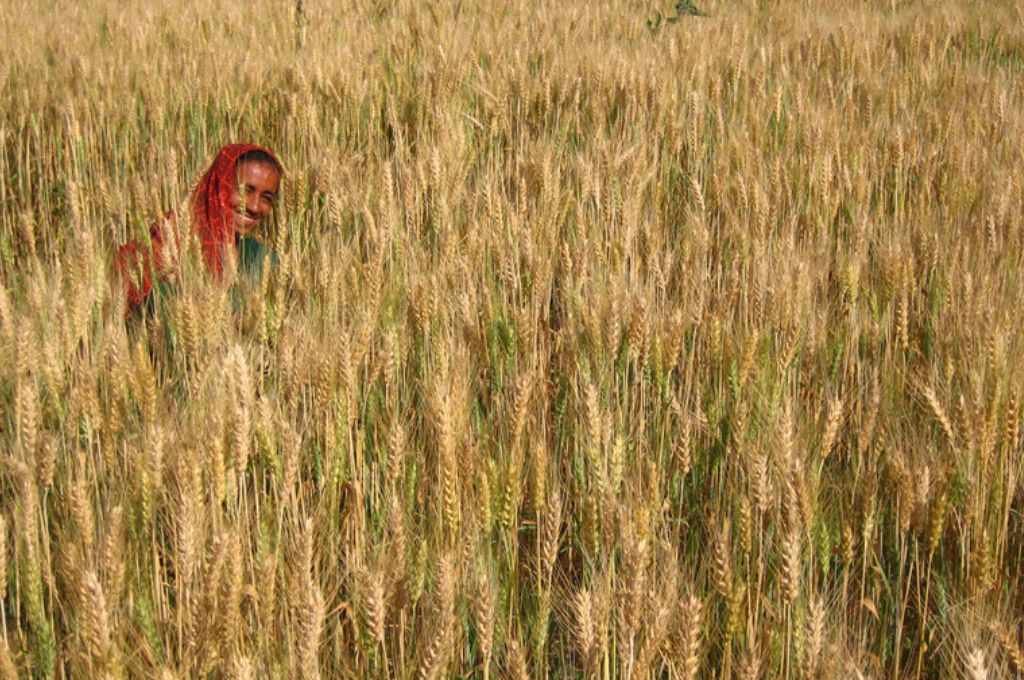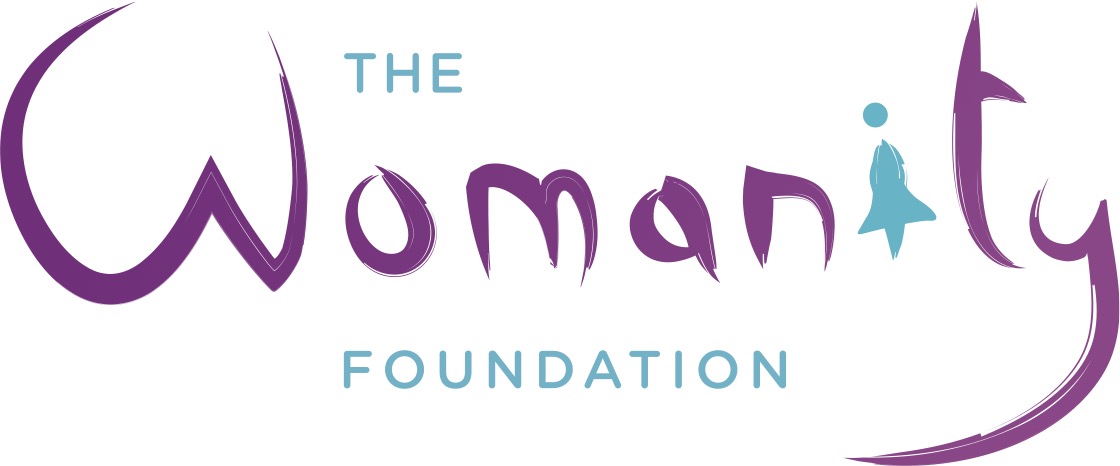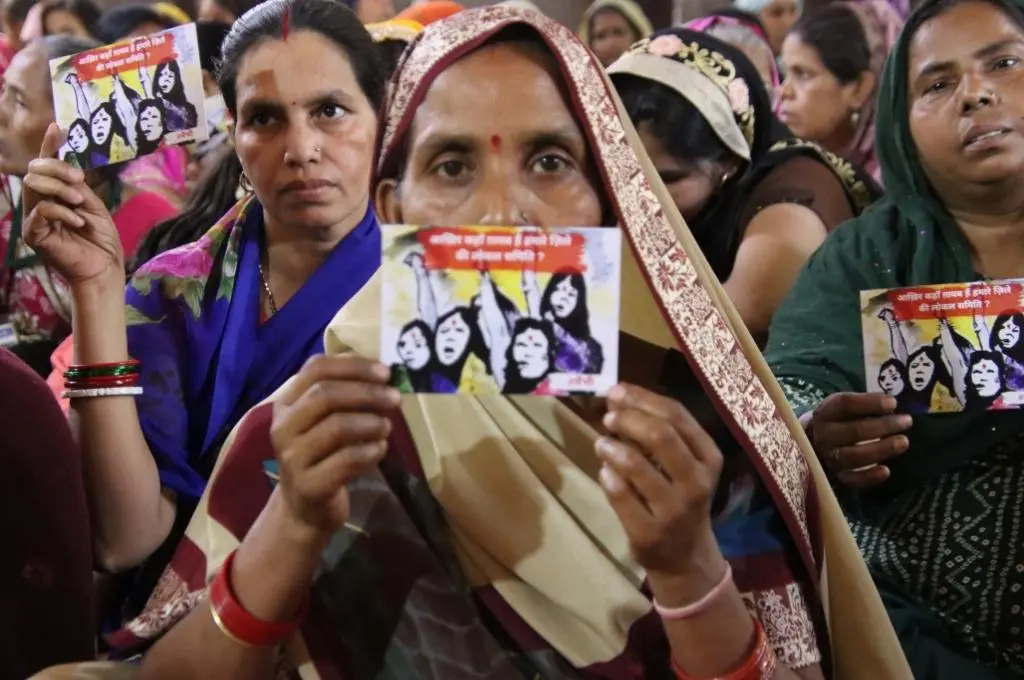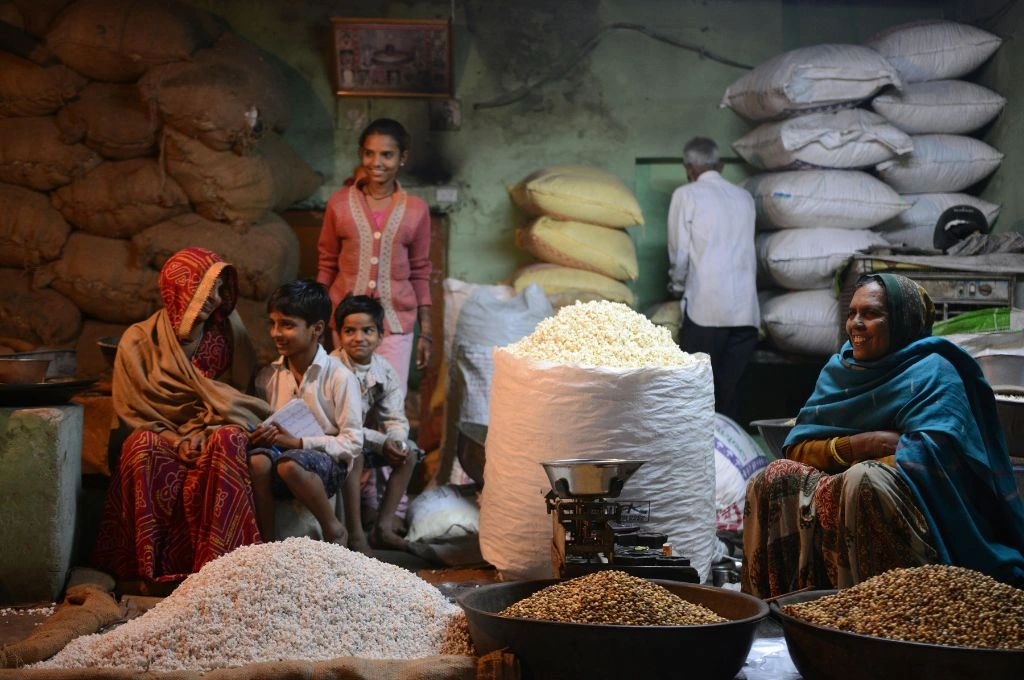Land rights is a crucial human rights issue as it enables access to basic facilities such as food, shelter, and security, and is fundamental in achieving economic, social, and cultural rights. But the conversation around land rights is incomplete without giving due consideration to dignity, which is an inherent part of all human rights issues. In fact, the right to live with dignity is enshrined in the Constitution of India, and the inherent dignity of all humans is recognised in the Universal Declaration of Human Rights (UNHR).
Shipra Deo from Landesa—a nonprofit that aims to equip people experiencing poverty with equitable land rights using law and policy tools—advocates for dignity to be placed at the centre of all development. “The UNHR, in its preamble, acknowledges inherent dignity and equal and inalienable rights of all humans as the foundation of freedom, justice, and peace in the world. The recognition that dignity is something everyone has by virtue of being a human being and is integral to one’s existence is important in the realisation of rights,” says Shipra. This recognition of human dignity has the potential to anchor the centrality of equal human rights, or the equality of all persons—which is to say that there is no inherent reason why some individuals have the opportunity to actualise their goals and aspirations and others do not, highlights Shipra.
Ashwani Paliwal from Astha Sansthan—a nonprofit working on empowering Adivasi, Dalit, and single women (that is, divorced, widowed, separated, or older never-married women)—narrates an example that showcases the importance of interweaving dignity with any discussion on women’s land rights. “We worked with a woman who, along with her daughter, was abandoned by her in-laws. She was surviving by working as a manual worker and living in a religious institution without any security, always fearing for her and her daughter’s safety.” Ashwani adds how in order to improve her condition, the woman joined the Ekal Nari Shakti Sangathan (ENSS) (The Association of Empowered Single Women). After a prolonged struggle with her in-laws, she was able to secure ownership of her husband’s land with support from the collective. “She got shelter and could fulfil her basic needs because of the land. This is how land rights are connected to dignity—they help enhance a person’s self-respect and individuality,” notes Ashwani.
Living without food, shelter, and livelihood is in direct opposition to living a dignified life. Shipra underscores that a person’s relationship to land has a significant impact on their everyday life. “How they use the land, whether for livelihood or survival, is closely interlinked to an individual’s existence and dignity,” she says.
What do we stand to lose when dignity is ignored?
Neglecting the right to land further marginalises women and other disadvantaged segments of society. Shipra notes, “Land is an important instrument of people’s identity. Not giving independent rights to women in places where land rights are a norm makes them invisible as an individual.” Similarly, the fact that all the existing inheritance laws are written in binary language diminishes the scope for the trans community to claim their land rights. “We stand the risk of losing the identity of these individuals when we do not consider their dignity and this has direct implications on their livelihood, housing, security, and quality of life,” adds Shipra. As a result, the first step for Landesa when working on land rights is to recognise women as independent individuals.
Helping women secure their land rights becomes even more challenging if the women don’t think of themselves as individuals deserving of land rights. “The women [we work with] are generally uninformed of their rights and never consider ownership of land unless they are told [about it]. The struggle to obtain land rights is difficult. If their resolve isn’t strong, they lose the opportunity to use their land effectively and gain the dignity attached to it,” adds Ashwani. The possession of land becomes futile if the thought of living a dignified life through that piece of land is missing. But Shipra says, “Even if the concept of dignity is not in their vocabulary, what women ultimately want is a life of equality and dignity.”

The link between land rights and dignity
Although living a dignified life is a fundamental right under the Constitution of India, Shipra points to the contradiction that emerges within our Constitution when speaking of land rights since agricultural land is deemed a state subject and inheritance is a concurrent list subject. Multiplicity of laws with overlapping and sometimes conflicting provisions puts women at a disadvantage.
Land ownership not only impacts women personally but also affects their participation and involvement in community decisions.
“The areas under Schedule V and VI are treated differently by the Constitution to protect the traditions and identity of scheduled tribes. As a result, inheritance in these communities is governed by customary laws and not the statutory laws,” says Shipra. She gives the example of Jharkhand. “We find that as per the customary law of most of the scheduled tribes, a widowed woman cannot have the husband’s land in her name; she only has the right to be maintained and live on the land.” The men of the house—the brother-in-law or the son—have the ultimate claim on the land in such a situation. Shipra calls these men ‘owners in waiting’. In order for their claim to be substantiated sooner rather than later, they may inflict violence upon the woman to coerce them to leave the property. This constitutes a direct attack on the dignity of that woman, adds Shipra.
Particularly in villages, land ownership not only impacts women personally but also affects their participation and involvement in community decisions. “A woman’s identity is created within the village when the land is in her name. This empowers her to avail multiple opportunities,” explains Ashwani. A woman could use her land as collateral for her children’s education. Land ownership documentation can also help women farmers in accessing government schemes. “When her perspective towards land shifts, a woman is able to take a stand against injustice and moves towards living a dignified life,” notes Ashwani.
Challenges to incorporating dignity in land rights
Societal pressure and prevailing cultural practices deter women from claiming their right to land. “If the property is in their name, whether it is at their parents’ or their in-laws’ side, women are encouraged to give their share to the brother (or another male family member),” says Ashwani. In fact, in 2021, a government official in Rajasthan appealed for women to ‘make Raksha Bandhan memorable’ by giving up their share of parental agricultural land to their brothers.
Achieving dignity through land rights is a long-term process, and this poses a challenge to the cause. According to Shipra, emphasising dignity would require all stakeholders to change how they perceive a human life as their actions directly impact women’s rights and dignity.
For instance, although a woman’s right to property may be secured with the help of the police, their access to the land comes under threat if there is no follow-up. “The male members may reoccupy the property if the woman’s footing isn’t strong enough,” adds Ashwani. This is why ENSS and other community-based organisations provide continued support to the woman even after the land deed is transferred so that her ownership isn’t threatened. If the police and the male family members were more cognisant of the woman’s rights and dignity in such cases, the need for continued intervention would not be required.
Shipra explains that even from an organisational perspective, the dependency of development programmes on outcomes-based financing impacts how they are planned and implemented. This serves as an obstacle in the integration of dignity as it is an immeasurable outcome and often requires long-term thinking and efforts.
What the dignity lens looks like
Adopting a dignity lens requires commitment from all the stakeholders involved. “We need to work with the government, policymakers, grassroots organisations, women and men, and with the traditional and elected leaders in the communities. Everyone needs to recognise and prioritise the intrinsic dignity of all humans in the way they think and work,” says Shipra.
Programmes that work with women should also focus on their land rights because land is intrinsically related to a person’s identity.
Ashwani mentions the importance of spreading awareness at all levels by highlighting how official stakeholders involved in the process of transferring property ignore the appeals of women because of their patriarchal mindset. “Daughters were only given inheritance rights to ancestral property through the Hindu Succession (Amendment) Act, 2005. Prior to the introduction of this provision, women had to often fight for their right over such land through lengthy legal procedures,” he adds. Today, organisations seeking to mainstream women’s land rights may find it challenging because property ownership among women has been traditionally non-existent or negligible. Therefore, planning ahead and establishing the connection between dignity and women’s land rights early on is imperative for all stakeholders.
Shipra notes how asking women about what land means to them initiated the conversation on how their dignity is interlinked with land. Even the idea of owning land can be surprising and empowering for women because land is such a substantial asset. Ashwani underlines that women need to be informed not only of their land rights but also of how dignity is related to that right, as it will help them view living a dignified life as something that is aspirational and achievable.
According to Shipra, all programmes that work to empower women should consider including land rights in their scope because land is intrinsically related to a person’s identity and existence. A holistic vision needs to be adopted at an individual and institutional level to ensure that dignity is an integral aspect of interventions, especially those designed for the most vulnerable. Land constitutes the foundational basis for women’s identity, freedom, rights, and livelihoods. If we are not talking about land rights, we are missing a critical element in paving the way for a life of dignity and equality for women.
—
Shipra Deo leads Landesa’s work to strengthen the relationship between women and land. She is deeply interested in understanding the connects and disconnects between women of different identities and land of all types. She is a passionate advocate of equal inheritance for girls and wants land governance and laws to be gender-responsive.
Ashwani Paliwal is the secretary of Astha Sansthan, a nonprofit based in Udaipur, Rajasthan. He has worked in the social sector for more than 40 years, particularly focusing on community development and human rights. More recently, he has been supporting work geared towards empowering single women—both in Rajasthan and across the country.
—







